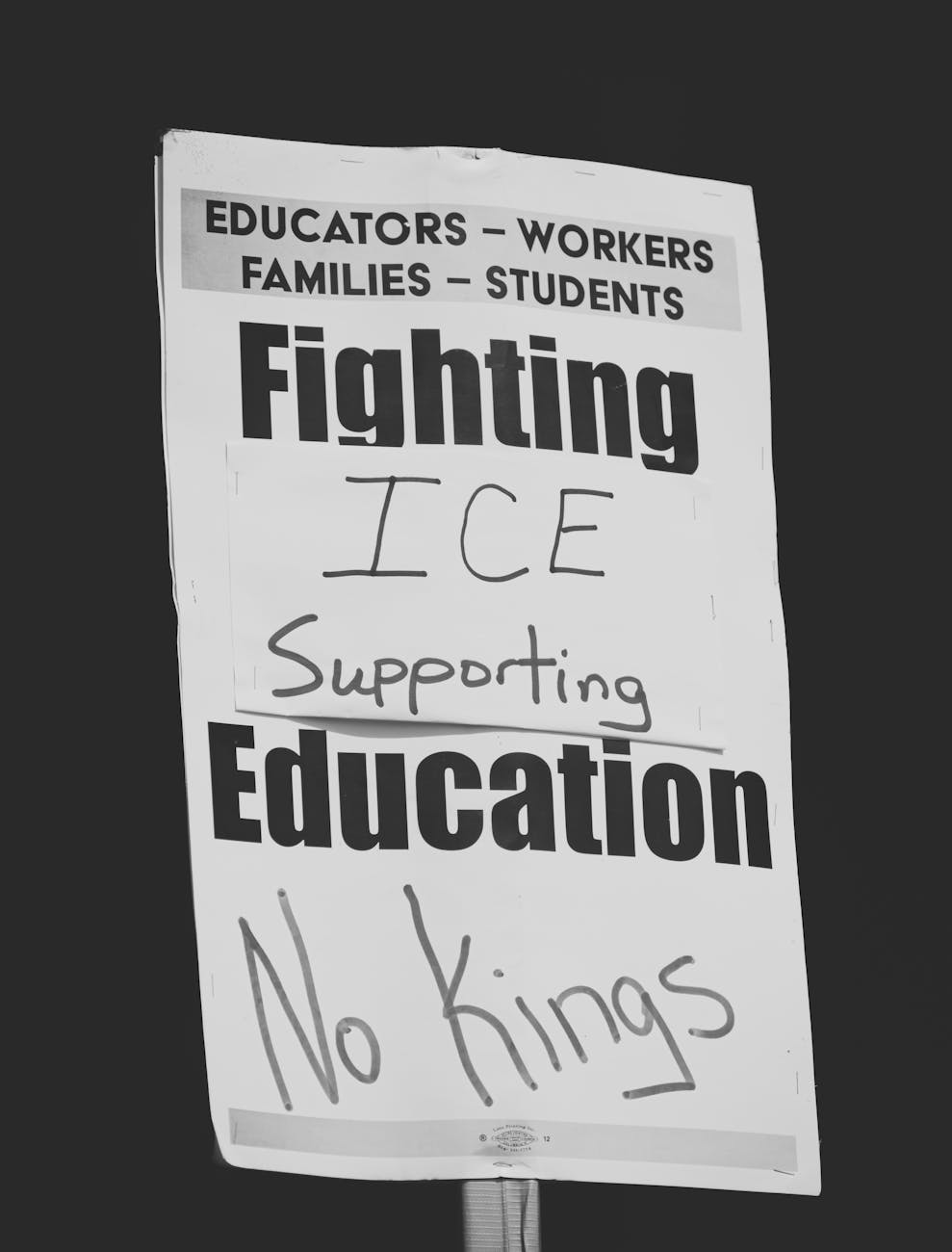Federal Workers’ Collective Bargaining Rights Face Significant Review Amidst New Administration Policies
Sweeping executive action impacting federal employee unions prompts legal challenges and debate over national security
Recent policy shifts under the Trump administration have significantly altered the landscape for federal workers and their collective bargaining rights. An executive order issued in March, which sought to cancel all collective bargaining agreements for most federal employees and remove these rights from over a million workers, is now moving forward after a federal appeals court overruled an injunction that had previously halted its implementation. The White House has indicated that this is just the beginning of its efforts to reshape federal employment practices.
The Scope of the Executive Order
The executive order’s stated aim is to enhance efficiency and accountability within the federal workforce, citing national security concerns as a primary justification. The order targets collective bargaining agreements, which establish terms and conditions of employment, including pay, benefits, and working conditions, for many federal employees. By canceling these agreements, the administration intends to streamline management practices and reduce what it describes as bureaucratic hurdles.
Legal and Union Opposition
The move has been met with strong opposition from federal employee unions, which argue that the order undermines workers’ rights and potentially erodes protections. Unions contend that collective bargaining is essential for fair labor practices and that stripping these rights will negatively impact morale, productivity, and the overall functioning of government agencies. The initial injunction blocking the order was a significant victory for unions, but its removal by the appeals court means the administration can now proceed with its plans. This legal setback has led to renewed calls for legislative action and further legal challenges from labor organizations.
National Security Justifications and Counterarguments
The administration has consistently framed these changes as necessary for national security and for improving government performance. Proponents argue that greater flexibility in managing the federal workforce is crucial for adapting to evolving threats and ensuring effective delivery of services. They suggest that collective bargaining agreements can sometimes impede necessary reforms or rapid decision-making. Critics, however, question the direct link between collective bargaining and national security vulnerabilities, suggesting that the order may be a broader attempt to curb union influence and reduce government spending on employee compensation and benefits.
Implications for Federal Employees and Government Operations
The full impact of the executive order is still unfolding, but it is expected to have profound consequences for federal employees. The cancellation of collective bargaining agreements could lead to changes in work rules, grievance procedures, and the process for addressing workplace disputes. For government operations, the administration believes this will lead to greater agility and responsiveness. Conversely, labor advocates warn of potential declines in employee morale, increased turnover, and a less experienced workforce if working conditions are perceived to deteriorate.
Visa Policy Review Raises Separate Concerns
In parallel, separate reports indicate that the State Department is reviewing the records of over 55 million U.S. visa holders. While the stated purpose of such a review can vary, reports from sources like The Guardian have suggested a potential focus on revoking visas based on individuals’ speech, rather than solely on their conduct. This aspect of the administration’s actions has drawn criticism from civil liberties advocates who express concern over the potential for viewpoint discrimination and the chilling effect on free expression, particularly for those seeking to enter or remain in the United States.
Navigating the New Landscape
Federal employees and their unions are now in a critical period as they assess the implications of these policy changes. Understanding the specifics of the executive order and the legal pathways available will be crucial. For federal workers, staying informed about potential changes to their employment terms and consulting with their union representatives will be important steps. The broader debate centers on balancing government efficiency and national security imperatives with the rights and protections of the federal workforce.
Key Takeaways:
- A Trump administration executive order aimed at significantly curtailing federal employee collective bargaining rights is proceeding after a federal appeals court lifted an injunction.
- The order seeks to cancel collective bargaining agreements for many federal workers, citing national security concerns and a need for greater management flexibility.
- Federal employee unions are strongly opposing the measure, arguing it undermines workers’ rights and could negatively impact morale and government operations.
- Separately, reports suggest a review of millions of visa holder records, with concerns raised about potential revocations based on speech.
- The long-term effects on federal employment practices and government efficacy remain a subject of ongoing debate and potential legal challenges.
Where to Find More Information:
For official government statements and documentation regarding executive orders impacting federal employees, interested parties can refer to the official White House website. Information regarding federal labor relations may also be found on the Office of Personnel Management (OPM) website. For perspectives from federal employee unions, visit the websites of major federal employee unions such as the American Federation of Government Employees (AFGE) or the Federal Employees.














